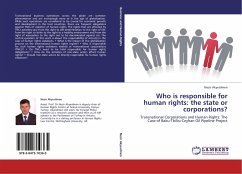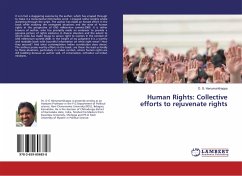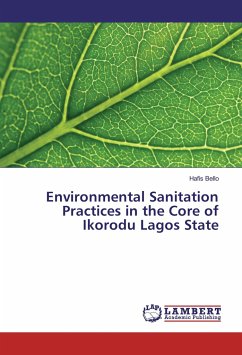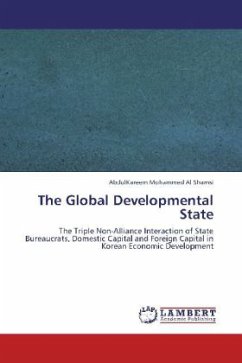Transnational business operations across the globe are common phenomenon and are increasingly more so in the age of globalization. While such operations are considered to be crucial for economic growth and development in the host countries, there are frequent allegations against TNCs of violation of human rights. The rights that are affected by TNCs activities vary from the right to self-determination to the right of life; from the right to strike to the right to a healthy environment and from the right of association to the right not to be discriminated against etc. The central question of this work is about the responsibility of actor(s) in the case of human rights violations. What is the impact of the globalization process on the international human rights regime? Who is responsible for such human rights violations: state(s) or transnational corporations (TNCs)? Do TNCs need to be held responsible for human rights obligations? How do the activities of non-state actors affect human rights? Should non-state actors be directly responsible for human rights violations?
Bitte wählen Sie Ihr Anliegen aus.
Rechnungen
Retourenschein anfordern
Bestellstatus
Storno








